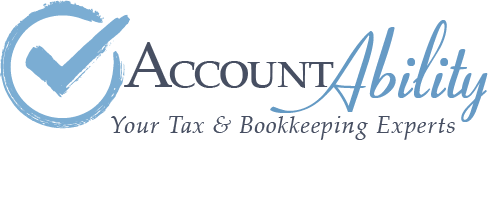The Talent Shortage in Public Accounting: What It Means for Your Business
The talent shortage in public accounting is a pressing issue that many businesses are facing today. With fewer accounting graduates entering the field, we’re seeing a significant impact on the availability of qualified professionals to handle tax services and bookkeeping. In fact, there’s been a notable 7.8% drop in bachelor’s degrees and a 6.4% drop in master’s degrees in accounting. This decline, coupled with increased turnover and hiring challenges, is creating a ripple effect across the industry.
Why the Public Accounting Industry is Shrinking
One major barrier to entering the public accounting profession is the 150-hour requirement for CPA certification. This requirement can be daunting for many prospective accountants, discouraging them from pursuing a career in this field.
Moreover, the competition from other sectors, such as finance and technology, has intensified. These industries often offer higher starting salaries, making them attractive options for graduates. Additionally, many firms are shifting their focus toward advisory and tech-oriented roles, which further diverts talent from traditional compliance services in public accounting. This trend contributes to the talent shortage in public accounting and complicates the hiring landscape.
Impact on Businesses and Taxpayers
So, what does this talent shortage mean for businesses and taxpayers? Clients can expect longer wait times for services, increased costs, and potential quality issues in the services provided. As the pool of available accountants shrinks, firms may struggle to maintain the level of service they once offered.
To navigate these challenges, businesses should actively seek out accounting firms that are investing in technology and automation. These firms are more likely to maintain service quality despite the talent shortage, ensuring that clients receive the assistance they need in a timely manner.
What to Look for in an Accountant
Finding the right accountant becomes even more crucial during these shifts in the industry. Here are some tips for evaluating potential accountants:
• Tools & Technology: Inquire about the software and tools they use. Are they leveraging efficient and user-friendly solutions that enhance the client experience?
• Services Offered: Look for firms that provide clear and transparent fees, as well as a comprehensive suite of services including tax preparation, bookkeeping, and payroll.
• Specialty: Consider whether the accountant has experience in your specific industry. Specialized knowledge can significantly impact the quality of service and advice you receive.
As the talent shortage in public accounting continues to evolve, it’s essential for clients to be proactive in their search for a firm that aligns with their needs.
In summary, the public accounting industry is facing significant challenges due to a talent shortage, driven by fewer graduates and increased competition from other fields. Businesses and taxpayers must adapt to these changes by seeking out accountants who prioritize technology and transparency. By doing so, they can ensure they have the support they need in an increasingly complex financial landscape.

